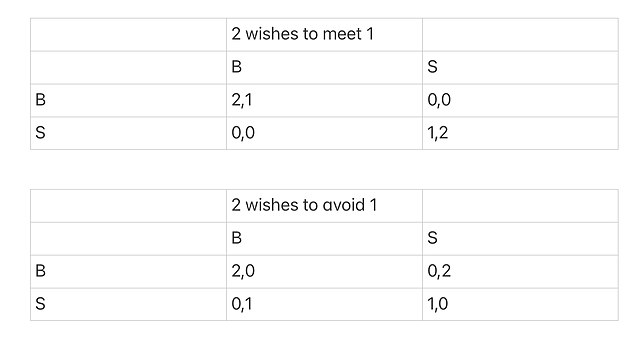Paul Robert Milgrom is an American economist. He is the Shirley and Leonard Ely Professor of Humanities and Sciences at the Stanford University School of Humanities and Sciences, a position he has held since 1987. He is a professor in the Stanford School of Engineering as well and a Senior Fellow at the Stanford Institute for Economic Research. Milgrom is an expert in game theory, specifically auction theory and pricing strategies. He is the winner of the 2020 Nobel Memorial Prize in Economic Sciences, together with Robert B. Wilson, "for improvements to auction theory and inventions of new auction formats".
Milgrom in 2013
Game theory is the study of mathematical models of strategic interactions among rational agents. It has applications in many fields of social science, used extensively in economics as well as in logic, systems science and computer science. Initially game theory addressed two-person zero-sum games, in which a participant's gains or losses are exactly balanced by the losses and gains of the other participant. In the 1950’s it was extended to the study of non zero-sum games and was eventually game applied to a wide range of behavioral relations, and is now an umbrella term for the science of rational decision making in humans, animals, as well as computers.
John Nash
Example of a Bayesian game



